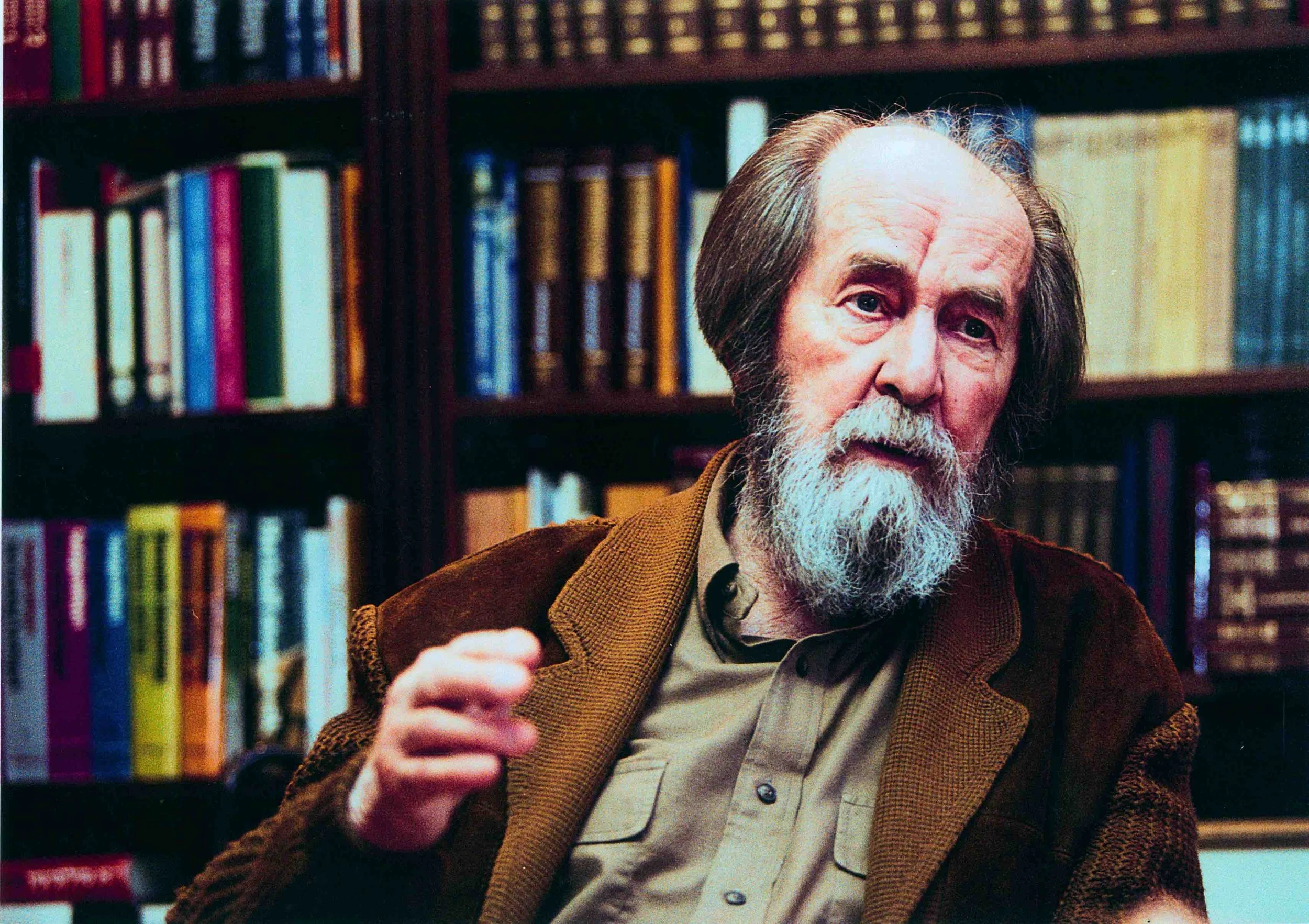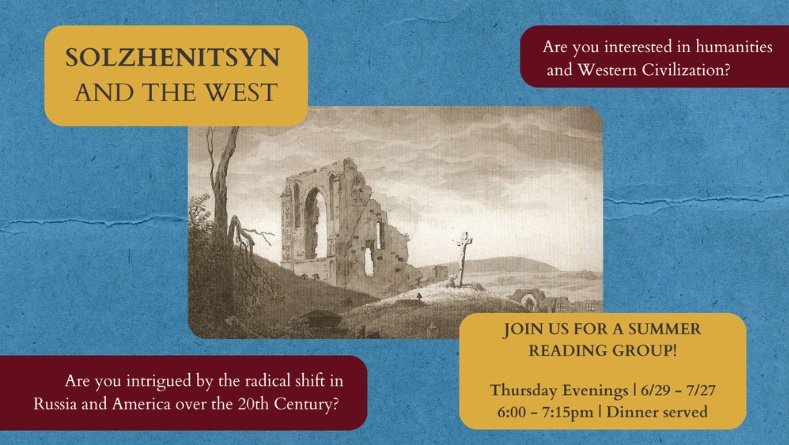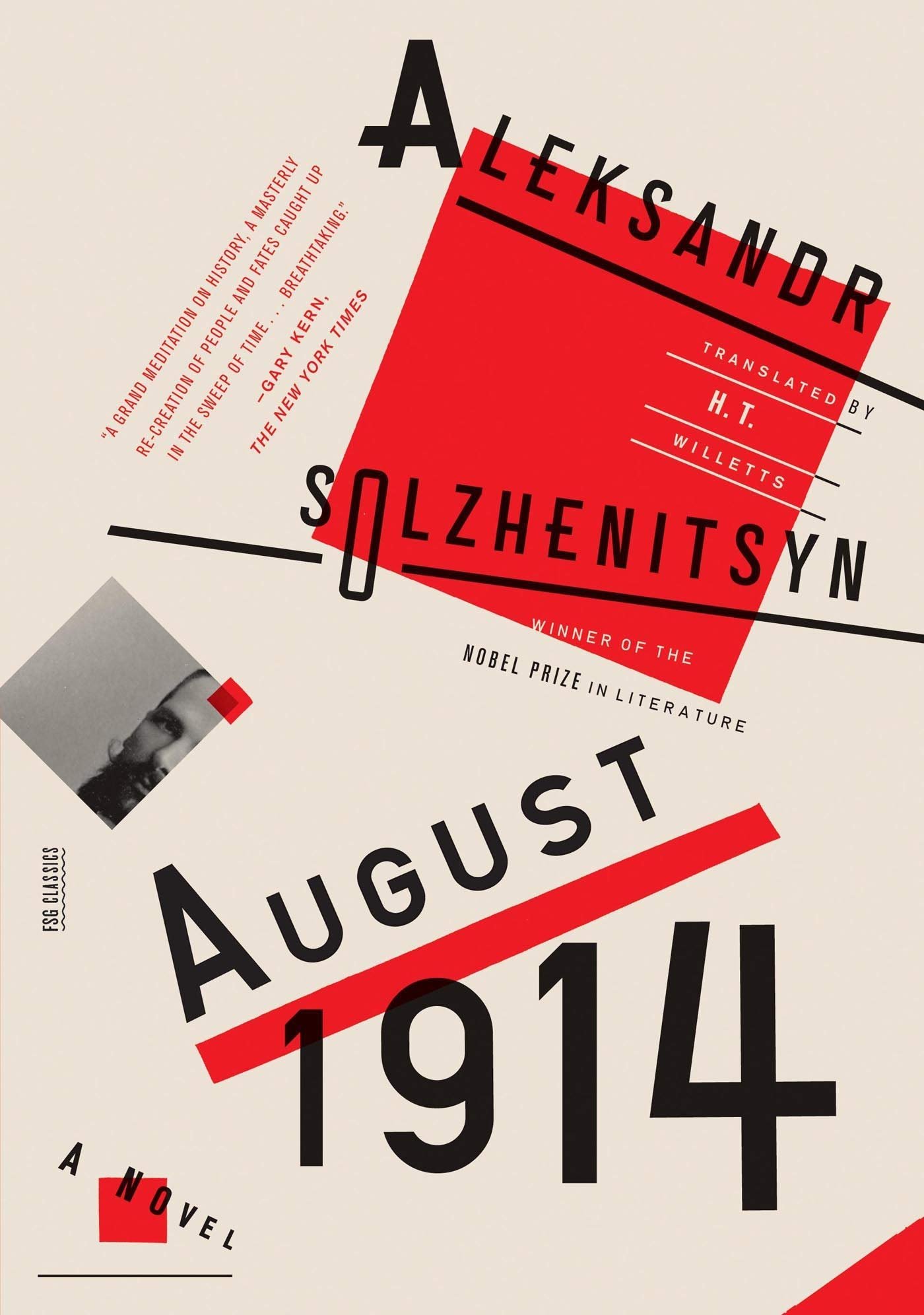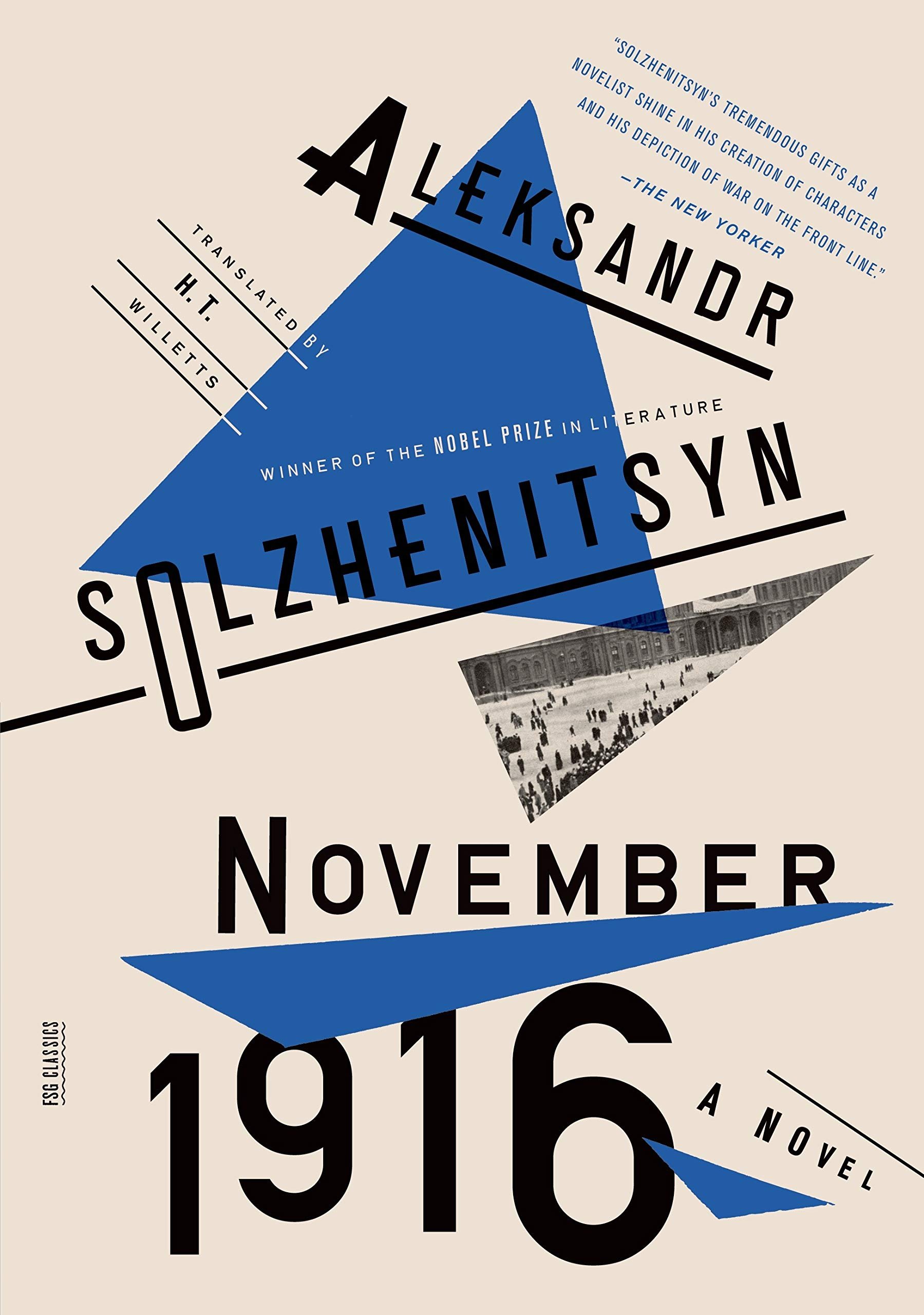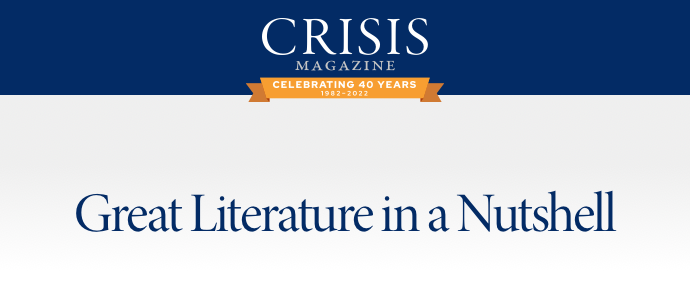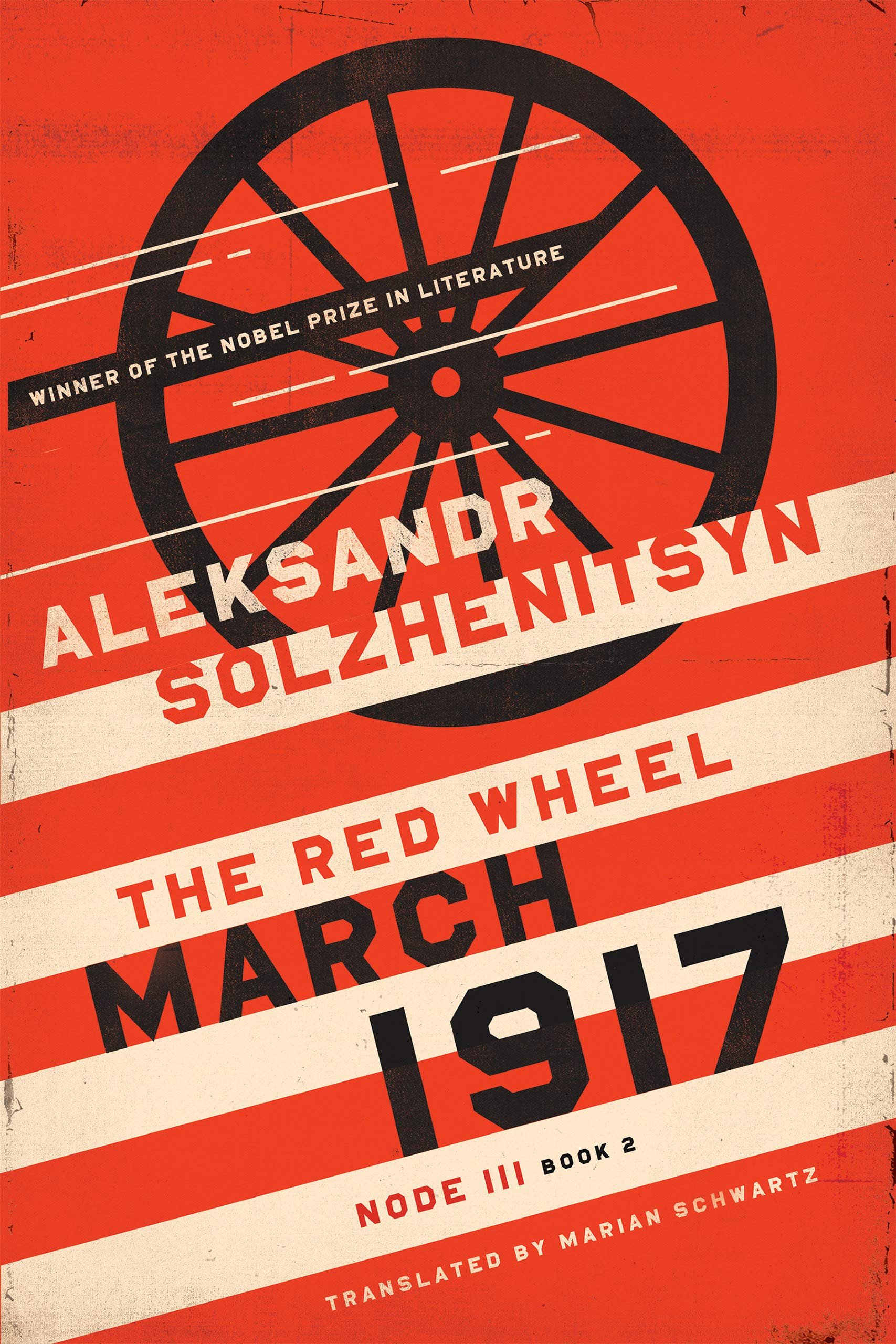Remembrance of the Departed
/Fifteen years ago today, on 3 August 2008, Aleksandr Solzhenitsyn died at his home outside Moscow at the age of 89. In remembrance, we share with you one of his late Miniatures, Remembrance of the Departed.
“REMEMBRANCE OF THE DEPARTED
It is an act bequeathed to us in deep wisdom, by men of holiness.
We come to understand its purpose not in vigorous youth, amidst the company of loved ones, family, friends; but with age.
Parents have passed; peers now pass as well. Where go they? It seems unguessable, unfathomable, beyond our grasp. Yet as with some foreordained clarity, it dawns for us, it glimmers — no, they have not vanished.
And no more shall we learn of it, while we live. But a prayer for their souls—it casts from us to them, from them to us, an impalpable arch of measureless breadth yet effortless proximity. Why, here they are, you can almost touch them. Both unknowable are they and, as ever, so familiar. Except, they have fallen back in years: some were older than we, but now are younger.
Focusing, you even inhale their answer, their hesitation, their warning. In exchange, you send them your own earthly warmth: perhaps we too can help somehow?
And a promise: we shall meet.”


